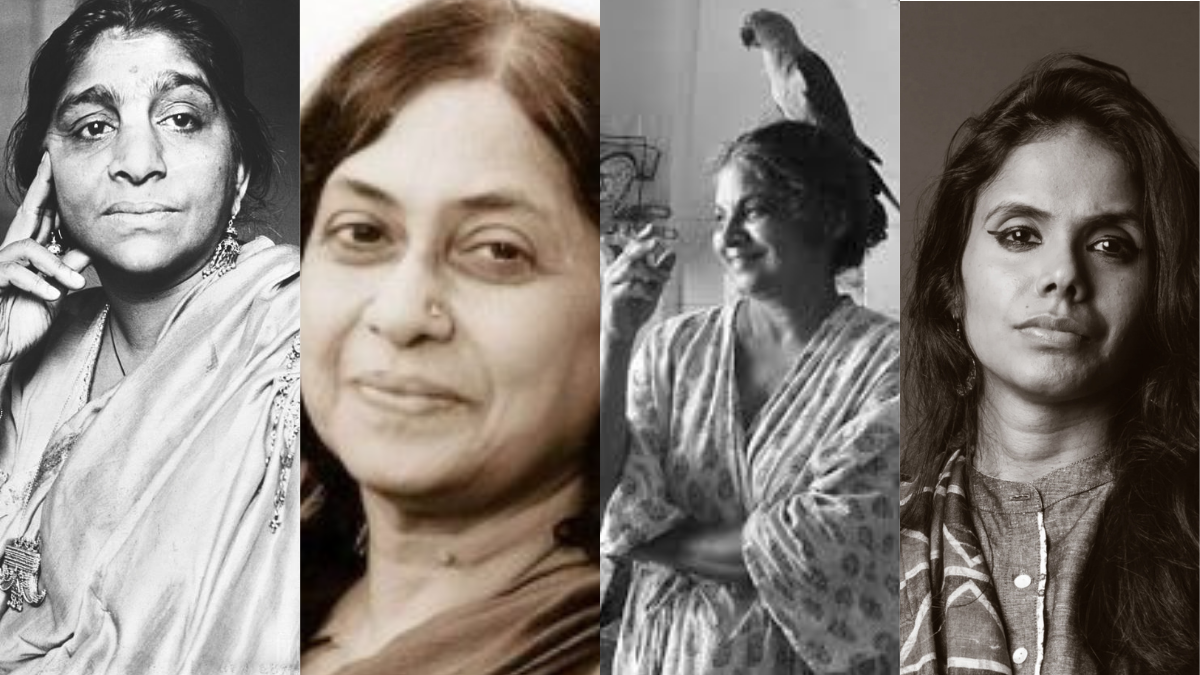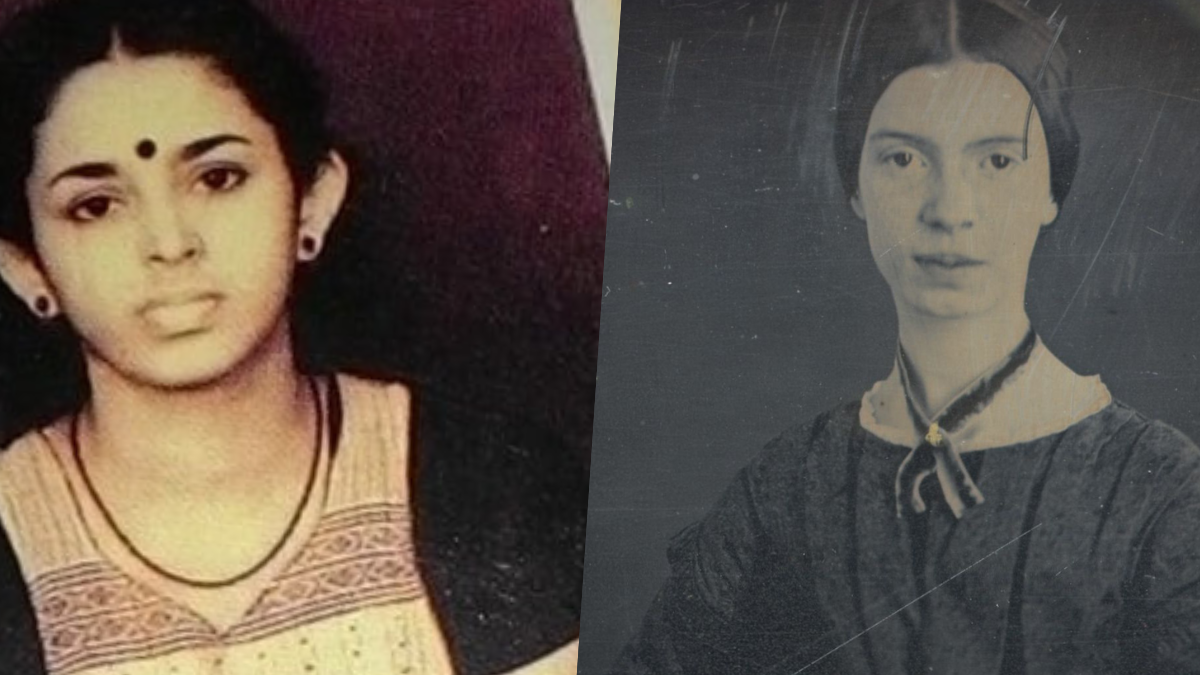Born on 22 January 1934, Sugathakumari was a poet and activist who predominantly worked on issues related to the environment. She was the daughter of freedom fighter Bodheswaran and V. K. Karthiyayini Amma, a Sanskrit scholar. Her writings and presence in public platforms, at the forefront of environmental and social movements fuelled relevant discourses on gender and ecology.
Apart from being a celebrated poet, nature warrior, Sugathakumari’s “Abhaya” an organisation that provides shelter to gemale mental health patients has helped countless women to start their journey all over again.
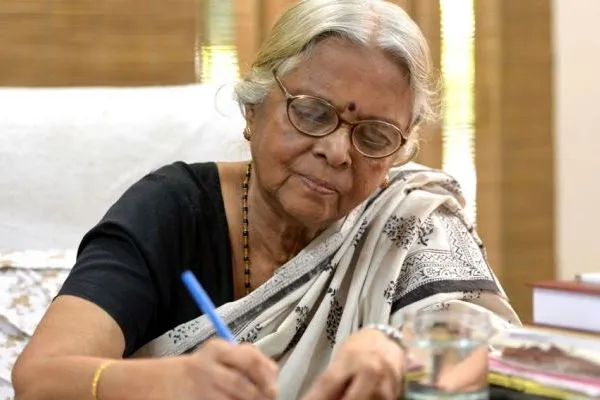
The battle for Silent Valley
An article written by environmental activist Professor M. K Prasad drew attention to the most threatened and least studied habitats on earth, Silent Valley in the district Palakkad, Kerala. The central government wanted to build a 120-MW hydroelectric project on Silent Valley’s flora and fauna.
A committed committed conservationist, and the secretary of the Society for Conservation of Nature, Thiruvananthapuram, Sugathakumari appealed through a letter to scholars and intellectuals to join her small group of activists and scientists who were concerned about Silent Valley. She wrote, “Every battle has two sides, the winning side and the losing side. Maybe we are on the losing side. But the losing side also needs soldiers. Will you join in this losing battle?”
During the Silent Valley movement, Sugathakumari realised the urgency of creative writers and poets to be a communication bridge for common people. Talking to locals and explaining scientific and environmental concerns could be effectively communicated by writers, she felt. From then she made her writing style more adaptive and without any complex jargon. Her poems reflected her politics, and she described it as “politics that took the side of human beings.”
Her poem Marathinu Stuti (Ode to a Tree) became the movement’s anthem. This movement grew into a significant agitation that mobilised the conservation of not just Silent Valley but also the other tropical forests in the South. Later, this small group of scientists and activists protecting precious tropical forests was joined by well known Malayalam poet Vaikkom Muhammed Basheer. He contributed rupees 100 with a note, “Include me too in this losing battle.”
This movement combined literature and attracted the youth through meetings, discussions and poems on the love for nature. Later, the Forest Conservation Ordinance was passed in 1980, which stipulated that non-forestry on forest lands couldn’t be re-routed without prior approval of the central government. In 1983, the central government abandoned the proposed hydroelectric project to conserve the tropical forest of the Silent Valley.
Also read: Gaura Devi: The Environmental Activist Who Played A Prominent Role In The Chipko Movement
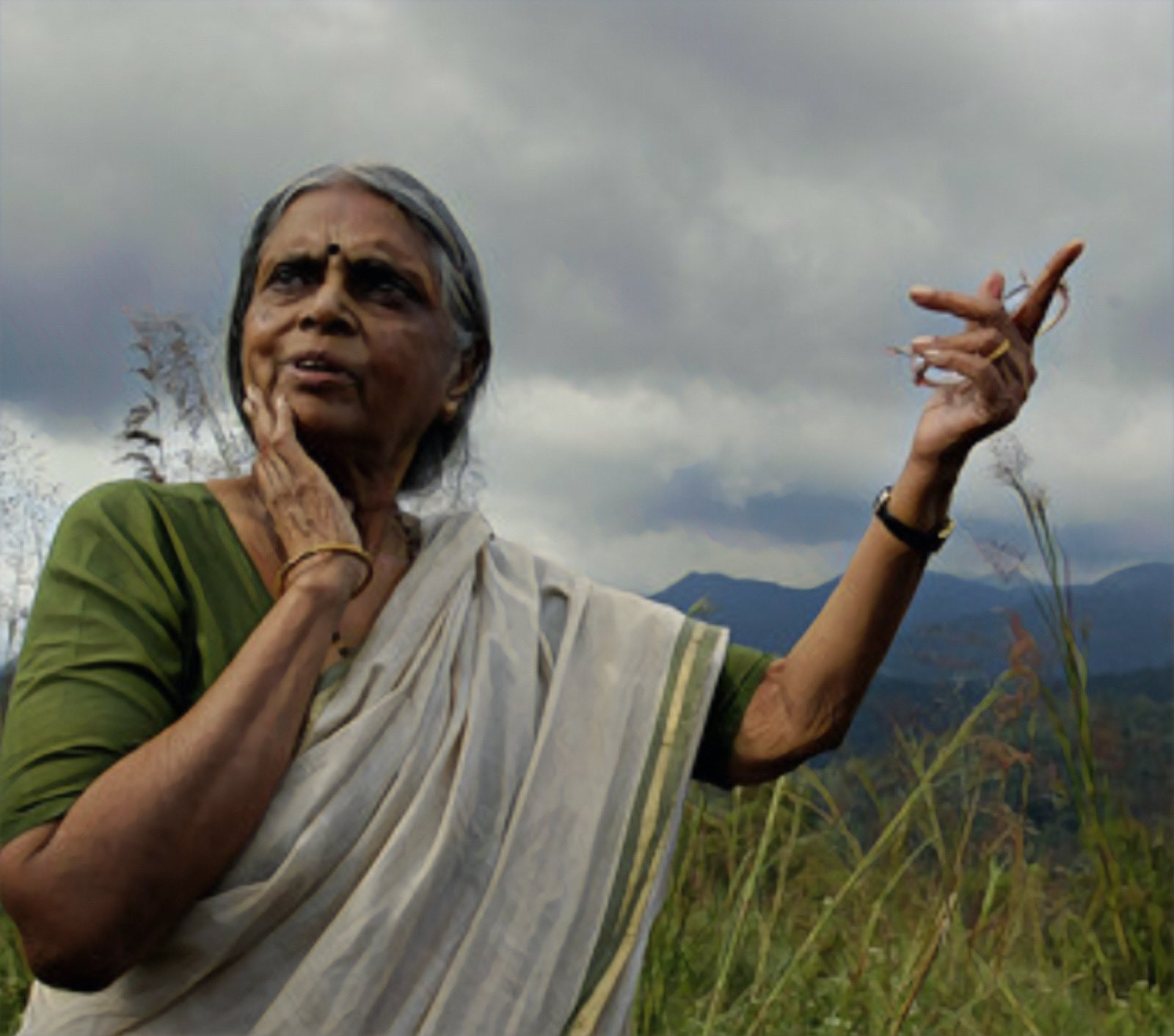
Poetry, politics of humanity
Sugathakumari’s poetry and her feminist activism were both centered on environmental conservation. She said that deforestation feels like an experience much like a big wave hitting her on the face. The Silent Valley movement sent her on a writing spree about the exploitation and degradation of nature. She started intertwining women and nature as symbols of suffering in her poems. Her poems were about lost stories, identities, personal battles, clouds and night rain.
“I do not think any poet in Malayalam or any great writer has seen so much suffering or so many sins or heard so many curses being exchanged as I have. My eyes have witnessed horrendous hell,” she said this because of her interactions with victims of assault, as well as mentally disturbed women and children.
Sugathakumari founded Abhaya, an organisation that sheltered female mental health patients, after being appalled at the conditions in the government-run mental hospital in Thiruvananthapuram in 1985. On the 23rd of December 2020 Sugathakumari passed away due to COVID-19 complications, leaving behind a legacy of rich poetry and piercing humanity
During the Silent Valley movement, Sugathakumari realised the urgency of creative writers and poets to be a communication bridge for common people. Talking to locals and explaining scientific and environmental concerns could be effectively communicated by writers, she felt. From then she made her writing style more adaptive and without any complex jargon. Her poems reflected her politics, and she described it as “politics that took the side of human beings.”
In 1960, she won her first Kerala Sahitya Akademi award for Pathirapookkal (Flowers of Midnight). Another decade later, she won the Kendra Sahitya Akademi Award for Raathrimazha (Night Rain). In 1996, she became the first chairperson of the Kerala State Women’s Commission. In 2006, she was honoured with the Padma Shri, the country’s fourth-highest civilian honour.
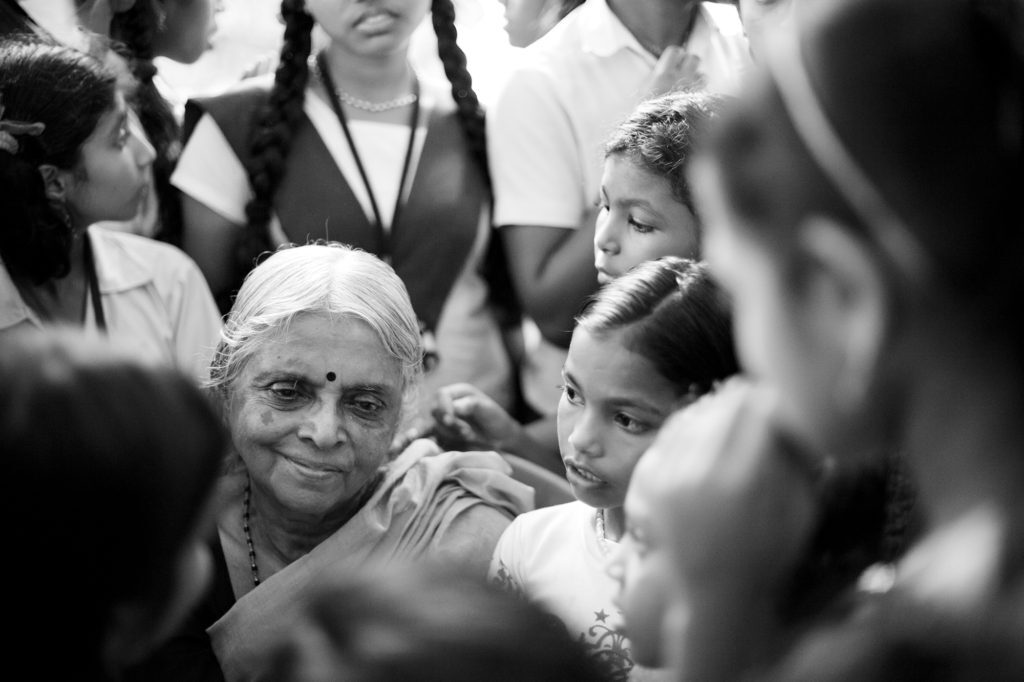
Sugathakumari founded Abhaya, an organisation that sheltered female mental health patients, after being appalled at the conditions in the government-run mental hospital in Thiruvananthapuram in 1985. She described it thus, “There was a toilet hole that marked the end of each of those single cells. Around 300 women were housed in that section, two or three of them in each cell. There were no cots for the inmates. Scraps of paper, soiled clothes, pieces of mats and rugs lay scattered all around. Piles of ordure clogged the toilet holes that were supposed to be flushed with water from outside. The inmates slept on the bare, damp floor, near those holes. To my horror, I found that about 75 per cent of the women were stark naked. Then in one such cell, I saw an old woman, a mother with silky white hair, who lay crumpled on the floor. I saw no movement and thought at first that the worst had happened. After a while, she raised her head and said: ‘My girl, I’m hungry.’ Soon those in the nearby cells began to bang the grill doors for food. There was a chorus of cries, loud curses and abuses, scenes of naked bodies banging the iron grills, and the stench of excrement and body odour, a scene of hell, right out of a horror film. I sat there crying and then ran out with my hands covering my ears into the bright sun that hot afternoon. I established ‘Abhaya’ (a home for mentally challenged women) that very evening.”
The website of the organisation says, “The most significant achievement of Abhaya was that after 150 years of isolation, the mental hospitals of the State were thrown open to public scrutiny. Consequently, the mental health scenario of Kerala has undergone a healthy change.” Later on, Abhaya opened its gates for distressed children, drug addicts and women who didn’t find their homes safe.
On the 23rd of December 2020 Sugathakumari passed away due to COVID-19 complications, leaving behind a legacy of rich poetry and piercing humanity.
Featured Image: Current Affairs
About the author(s)
An existentialist art lover, who is dodging the Kafkaesque world by just flipping the pages and sipping coffee

